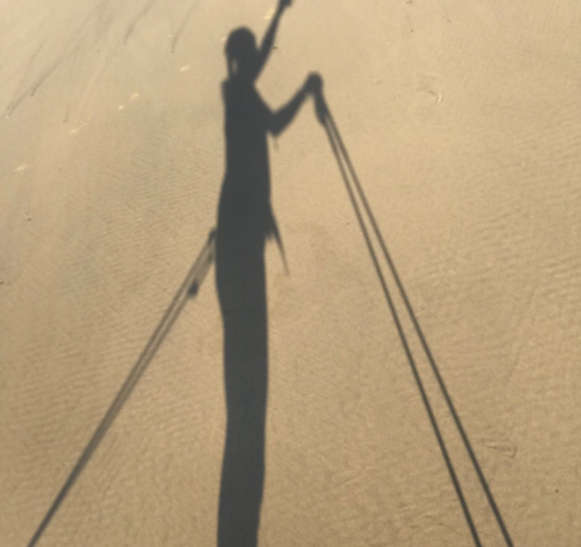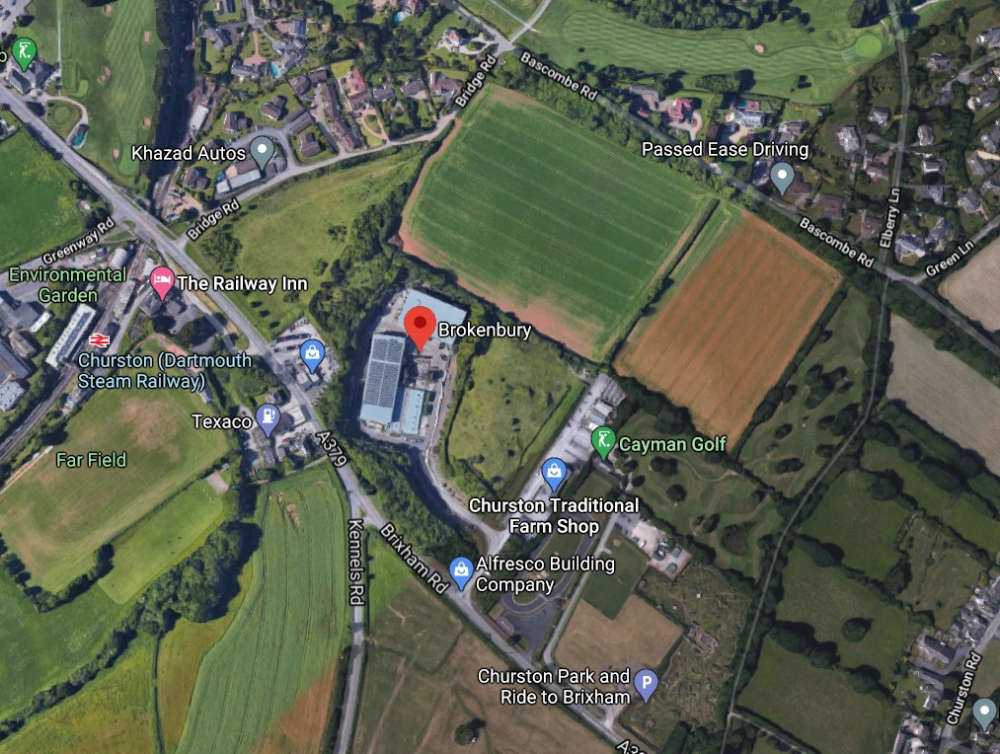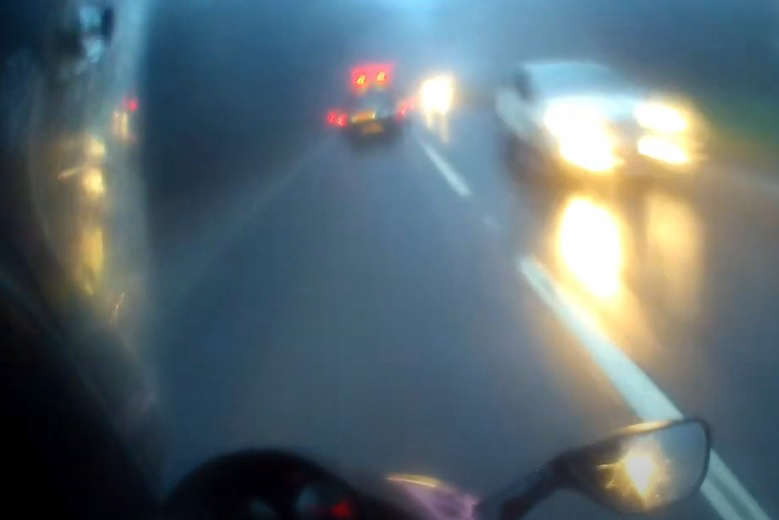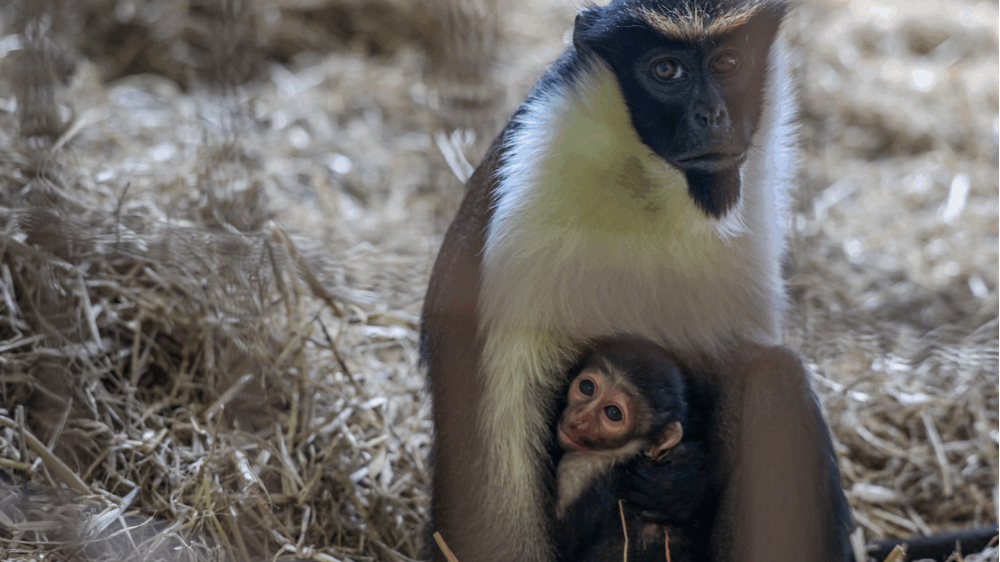
She's researching muscle mass
A Devon physiotherapist is to embark on a three-week ski-haul expedition across Greenland, as part of University of Exeter research to understand how the body regulates muscle mass.
Rosalind Holsgrove-West will attempt a 350-mile ski crossing of Greenland, from Kangerlussuaq in the West to Tasiilaq in the East. Although she will need to eat 4,800 calories per day to keep up her energy, she will burn through far more calories, and will lose weight and muscle. She and her partner will study their own bodies, measuring muscle changes, and sending samples back to the labs at the University of Exeter to understand how our bodies adapt to weight loss and how we might preserve muscle.
Research into the mechanism behind muscle preservation helps inform future therapies and treatments. A universal phenomenon like ageing is characterised by muscle loss leaving elderly people at risk of falls. Similarly, life-changing situations like injuries leading to immobilisation also result in loss of muscles which can be detrimental overtime.
The final year sport and health sciences PhD student, who is also a specialist musculoskeletal physiotherapist at the Royal Devon and Exeter Hospital, became interested in using extreme environments as a model for muscle and weight loss after a personal experience rowing the Atlantic.
She explained: “After the rowing expedition in 2018, I noticed that my calf muscles wasted away but my arms did not. The experience was similar to what I’d seen in patients who lost muscle from bed rest in ICU or even those with broken ankles set in cast. Muscles are difficult to restore so it was important for me to see what this could contribute to research and the science behind loss of muscle.
“Research has shown that the muscles can be retained in the process of losing weight if they’re well exercised, so this means muscle retention is key and it becomes important to understand how it works.”
Extreme expeditions, such as a ski crossing, offer a unique model to understand how the body adapts to levels of energy deficit, and its implications for people trying to lose weight and build muscle in everyday scenarios.
Rosalind said: “During expeditions, you burn huge amounts of calories which is not matched by the amount of food you eat. This leads to energy deficit and ultimately weight loss. But depending on the activity you do it is possible to keep the muscle and lose the fat. This mechanism can be applied to people on a diet in everyday life seeking to lose weight or build muscle.”
Rosalind will be accompanied on her quest by Ian Couch, the current British record holder for speed crossing the Greenland icecap, in 15 days. The duo will each be hauling fifty-kilogram sleds containing their supplies for 17 miles a day in harsh weather conditions of -15 to -30 degrees. Their training has included dragging tyres across Dartmoor.
Using themselves as specimens for the research, data on body weight, muscle size, energy intake and expenditure, appetite, and hunger levels as well as urine and stool samples, will be collected daily throughout the expedition and analysed in the laboratory afterwards.
Rosalind and Ian are supported by GE Healthcare VScan, Base Camp Food, Mobile Solar Chargers and Range Global Communications.
 Official challenge to Torbay solar farm project
Official challenge to Torbay solar farm project
 Two people injured in suspected Plymouth stabbing
Two people injured in suspected Plymouth stabbing
 Four councillors banned from council tax debates
Four councillors banned from council tax debates
 Video shows Devon biker causing horrific crash
Video shows Devon biker causing horrific crash
 Murder charge after Kingsbridge crash
Murder charge after Kingsbridge crash
 Poorly monkey gives birth to healthy baby
Poorly monkey gives birth to healthy baby
